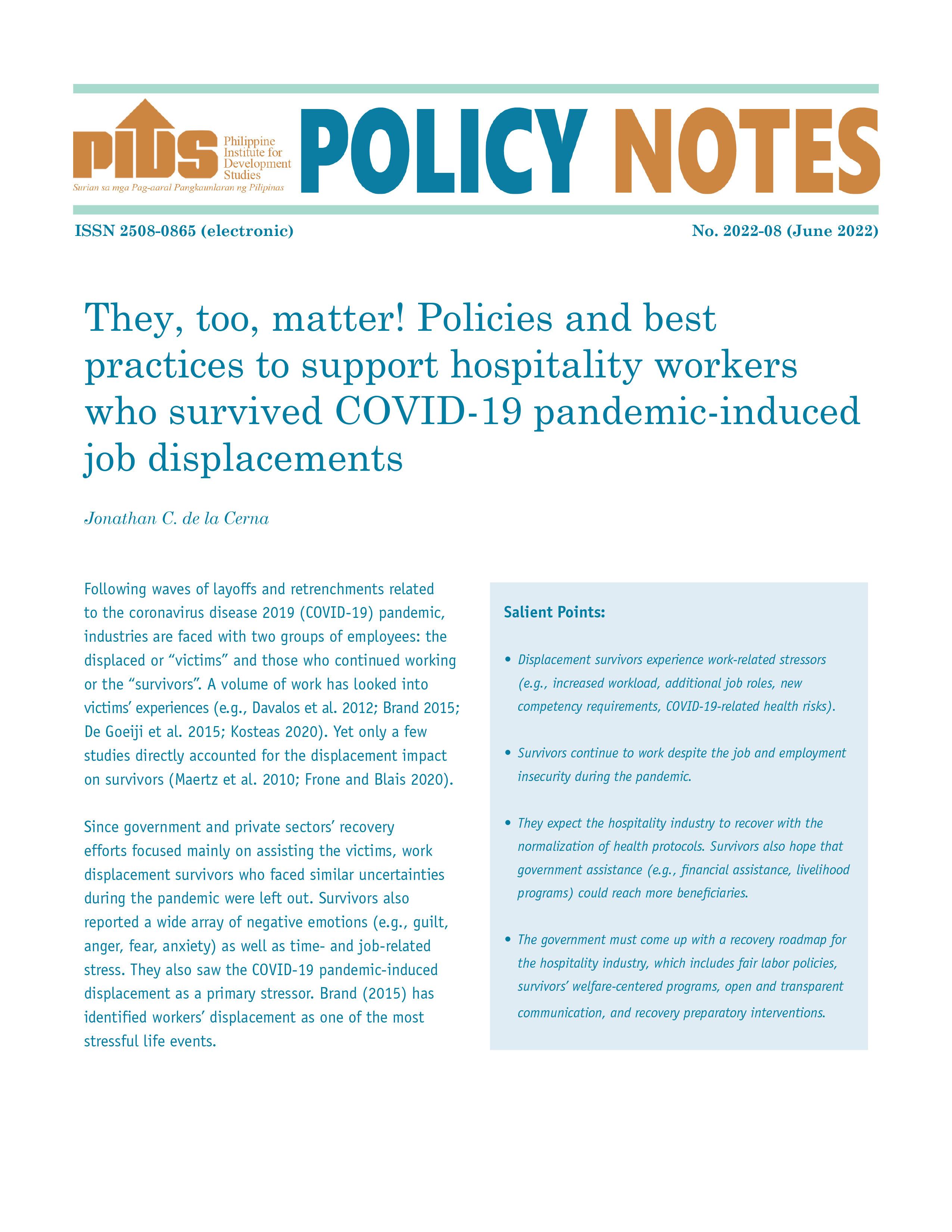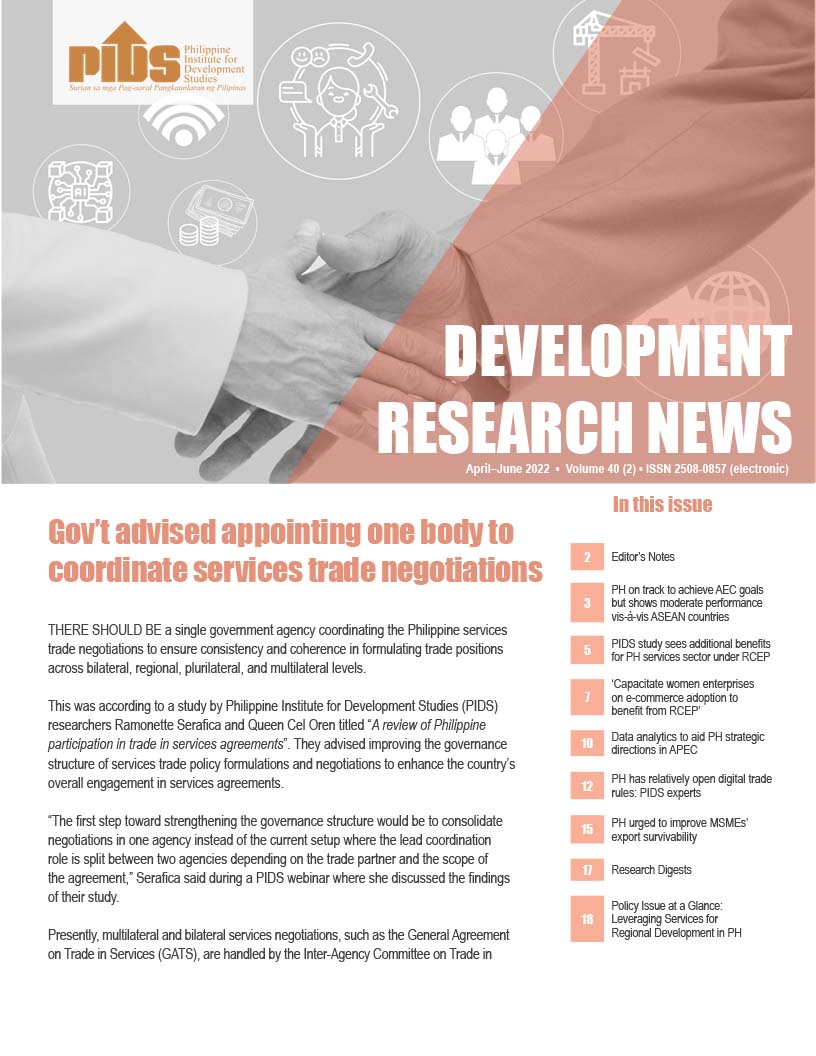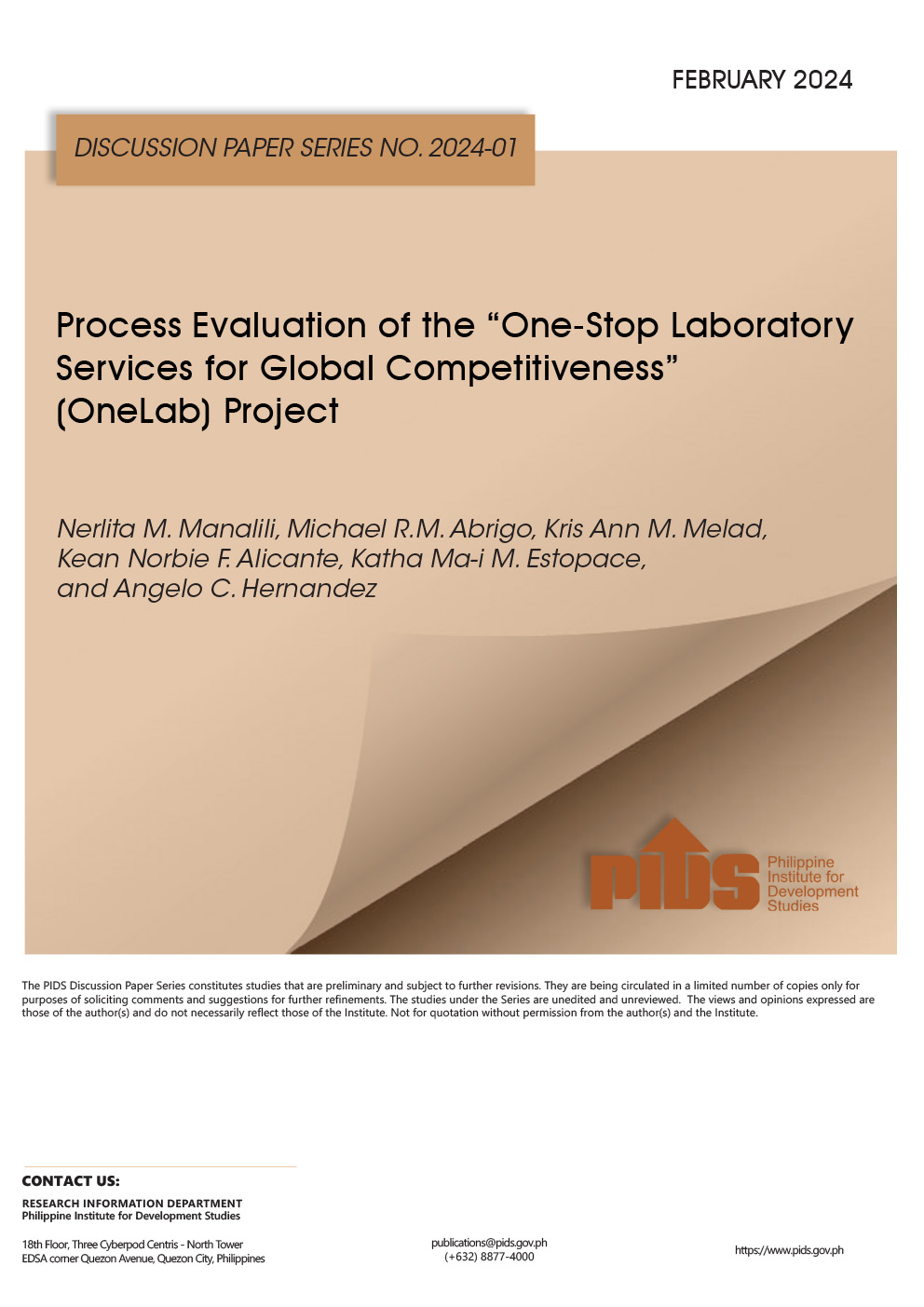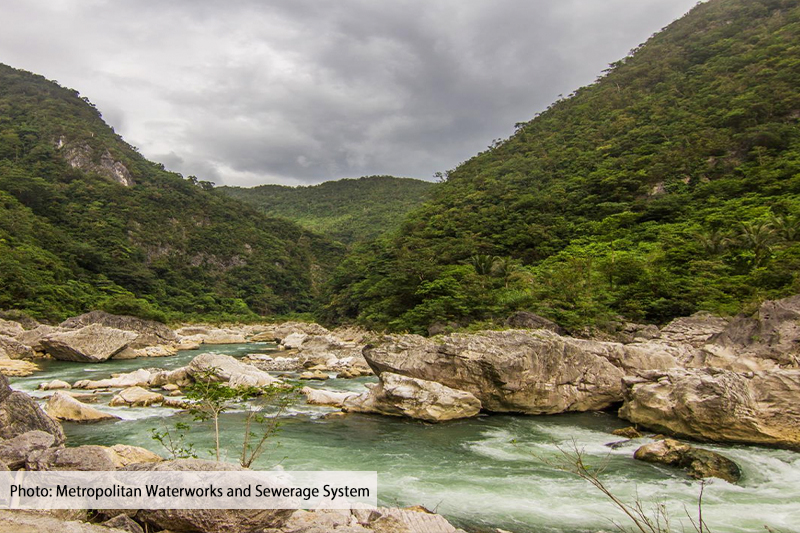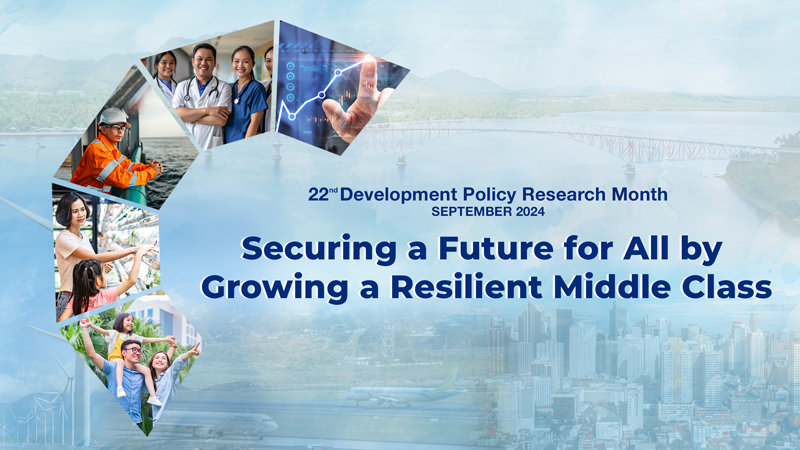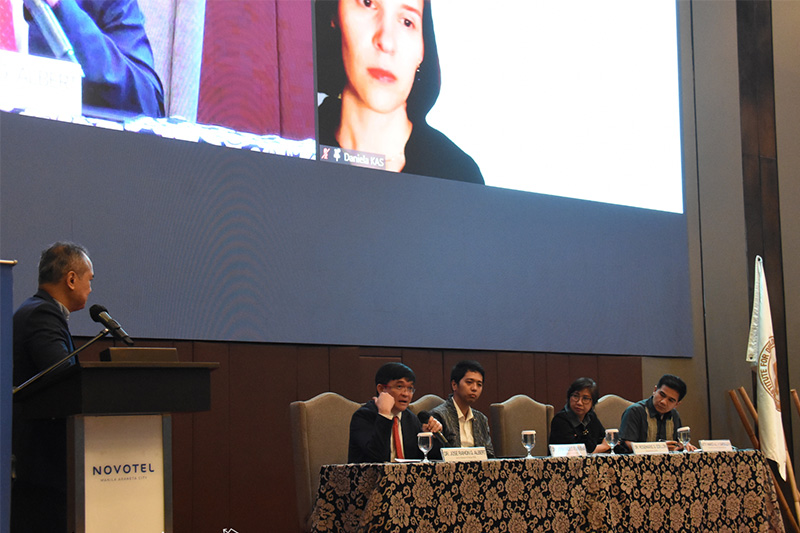The Philippine Institute for Development Studies (PIDS) continues to be recognized as one of the world’s best think tanks for its outstanding public policy research, analysis, engagement, and impact.
In the 2014 Global Go To Think Tanks Report and Policy Advice of the Think Tanks and Civil Societies Program (TTCSP) at the University of Pennsylvania, PIDS was recognized in three categories.
PIDS remained the top social policy think tank in South East Asia and 37th among the top 50 in the world.
It was also ranked 69th among the top 80 international development think tanks–one notch higher than its ranking in 2013.
Meanwhile, the Institute is now part of the 55 top education policy think tanks in the world at 33rd place.
Other think tanks in South East Asia that made it to the list under these categories were Thailand Development Research Institute (TDRI), Singapore Institute of International Affairs (SIIA), Institute of Southeast Asian Studies (ISEAS) which is also in Singapore, and Malaysia’s Centre for Public Policy Studies (CPPS) and Third World Network.
TDRI ranked 20th among the education policy think tanks and 66th in the international development think tanks category; SIIA and Third World Network ranked 70th and 72nd , respectively, among the international development think tanks; while ISEAS ranked 41st among the social policy think tanks.
The Go To Think Tanks Index is a comprehensive ranking of the world’s top think tanks and has been described as the premier database and measure of world think tanks.
It aims to increase the profile, performance, and impact of think tanks, and to create a transnational and interdisciplinary network of centers of public policy excellence.
Think tanks are public-policy research analysis and engagement organizations that generate policy-oriented research, analysis, and advice on domestic and international issues, thereby enabling policymakers and the public to make informed decisions about public policy.
For its latest rankings, 6,618 think tanks from 182 countries were invited or nominated to participate in the process.
PIDS president Gilberto Llanto makes a plea for more resources and support to research institutes in the country.
"Despite having only a handful of researchers compared to other better-endowed research institutes in the region and in the Philippines, the PIDS has consistently made significant contribution and influence on Philippine development policy through its active and close collaboration with government agencies, academic and research institutions, and international organizations. Its various research outputs are widely disseminated through its publications (both print and online), conferences, and seminars conducted on a nationwide scale,” he said.
PIDS is a state-funded think tank devoted to independent research and innovative policy solutions.
Since its establishment in 1977, it has been engaged in conducting long-term, evidence-based research that serves as inputs in crafting socioeconomic policies for the country.
PIDS has completed almost 1,000 studies covering a wide range of issues that encompass macroeconomic, agricultural, trade and industrial policies, health economics, education, environment, natural resource management, urban development and social services, and governance.
Established in 1989, the TTCSP aims to acknowledge the important contributions and emerging global trends of think tanks worldwide.
Often referred to as the "think tanks’ think tank,” the program maintains a database and network of more than 6,600 think tanks in 182 countries.
"In a world filled with tweets and sound bites that are often superficial and politically charged,” said James McGann, director of the TTCSP, "it is critical to know where to turn for sound policy proposals that address our complex policy issues. This independent Index is designed to help identify and recognize the leading centers of excellence in public policy research around the world.”//
Related Posts
Publications
Press Releases
Video Highlights
[No related items]
Infographics
[No related items]

